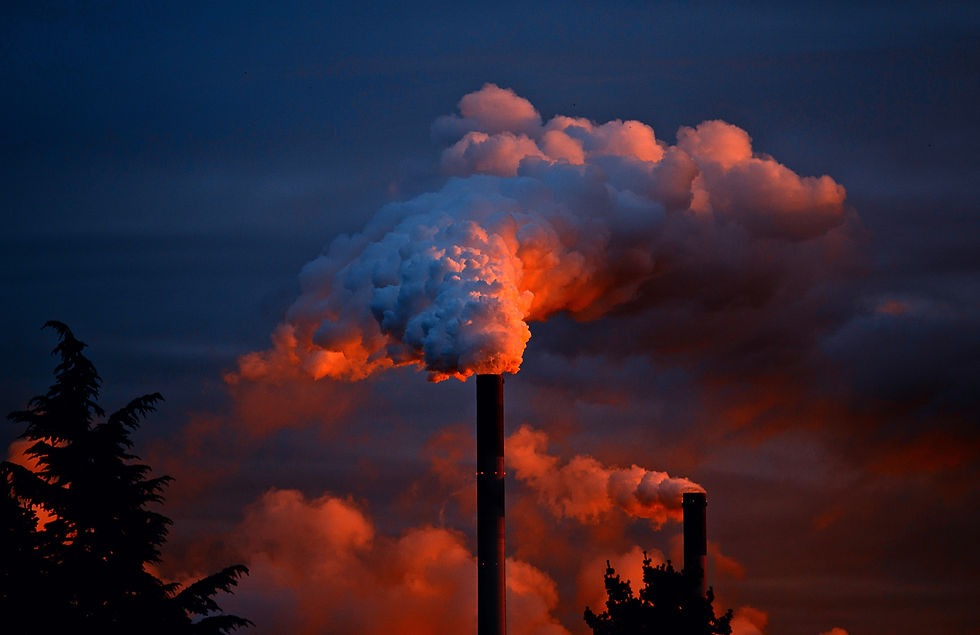Sweden Goes Coal-Free Two Years Ahead of Schedule
- Ben Dolbear

- Apr 30, 2020
- 3 min read
Ben Dolbear discusses the latest development in the green energy revolution sweeping across Western Europe.

Photo by Unknown | Pixabay
Sweden, which had previously pledged to become coal-free by 2022, earlier this month closed its final coal-fired plant, making it the third coal-free country in Europe, after only Belgium and Austria.
The coal-fired plant, located in Hjorthagen, eastern Stockholm, and owned by power utility Stockholm Exergi, closed its doors for the last time in mid-April. This meant that the co-generation plant KVV6, which houses two boiler rooms, became the very last coal-fired plant in the Nordic state to shut, enabling the Swedish energy firm to meet its ambitious target of a coal-free economy by 2022 over two years early.
Stockholm Exergi, jointly owned by the City of Stockholm and Finnish private energy firm Fortum Oyj, now say that the plan is to carry on towards the path of climate neutrality, specifically by expanding renewable energy generation.
Challenges Ahead
However, the company has expressed concern at a lack of progress in this regard, and as a major supplier of heat and electricity within the Swedish capital, there is now growing pressure on bosses to explain how supply will continue to meet demand without fossil fuels. In a promising attempt to alleviate concerns from both consumers and climate advocates, Exergi has partnered up with electricity firm Ellevio, an electricity distribution company which dominates the energy markets in 35 of Sweden's 290 municipalities, to secure the success of renewable energy across Scandinavia.
Building on this groundbreaking energy partnership, Stockholm Exergi has also made a rare and welcome pledge to not only become carbon neutral in the near future, but to 'create negative emissions', too. According to Chief Executive of the firm Anders Egelrud:
'Since Stockholm was almost totally fossil-dependent 30-40 years ago, we have made enormous changes and now we are taking the step away from carbon dependence and continuing the journey towards an energy system entirely based on renewable and recycled energy'.
A Continent of Progress
Just four years ago, Belgium became the first European nation to rid itself of coal, the dirtiest fossil fuel on Earth, accounting for over 0.3C of the 1C increase in global average temperatures; this means that coal is the single largest source of global temperature rises in the past century. Campaign director of lobbying group Europe Beyond Coal Kathrin Gutmann has predicted that the continent will soon see the demise of coal entirely, a move which she says 'will repay us in kind with improved health, climate protection and more resilient economies'.
According to national governments, France is on track to become Europe's fourth coal-free nation in 2022, which Portugal following soon after in 2023. The UK has said that its final coal-fired plant will close at some point in the following year.
Local politicians of all stripes across Stockholm have praised this landmark achievement, with financial mayor for the City of Stockholm, Anna König Jerlmyr, stating, 'the fact that Stockholm Exergi is choosing to phase out the coal is already welcomed, as it is in line with the city’s conversion to a sustainable and fossil-free Stockholm'.
We are a socio-ethical impact charity advocating for topics that matter, whilst supporting wider planetary change and acknowledgement. A charitable initiative funded by readers like you. | To support our work and journalism, consider becoming an advocate from just £1.














Comments